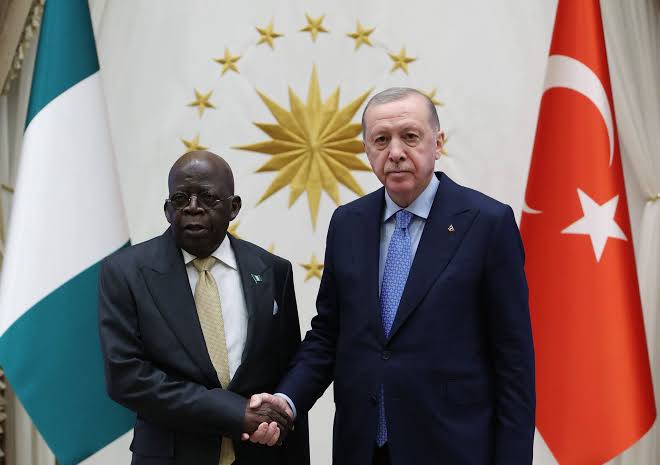A number of small-scale farmers and vendors have voiced their dissatisfaction with the ongoing financial difficulties in the country, claiming that the regrettable event has negatively impacted their companies.
According to The PUNCH, a few farmers and traders said that they had stopped storing their cash in banks to prevent money from becoming stuck.
The financial crisis will exacerbate the government’s attempts to promote financial inclusion, particularly at the local level, according to associations representing small and medium-sized businesses.
A farmer in Oyo State’s Igboho area, Mr. Dele Bamigboye, stated, “Many of those who bought from my farm produce have not paid me. They claimed the banks were unable to provide them with money. It has an impact on my company. I sell my items in cash, and I have someone who assists me in collecting the money and depositing it in her bank account when it is large. I am currently unable to obtain cash since my funds are stuck.
Another vendor in the Ogidi neighbourhood of Ilorin, who goes by the name Mama Kudi, declared, “I only sell to people who can afford to pay. This is because I can’t get cash from the PoS if they send money to my account and because banks are limiting their cash. I need cash to buy goods and do my transactions. I am not taking money to the bank.”
Nigerians have continued to complain about cash scarcity despite the Central Bank of Nigeria’s assurances that there is adequate cash in the country’s economy, since many ATMs are empty and banks are restricting cash available over-the-counter.
The Association of Small Business Owners in Nigeria’s President, Dr. Femi Egbesola, stated that the cash constraint would have a detrimental influence on the campaign for financial inclusion.
“People are trying to take their money to the bank and get their businesses structured. The current state of affairs undermines confidence, particularly during this joyous occasion. People need cash for daily transactions, especially those in the micro sectors.
“It is regrettable that some of them had to take their money to the bank without realizing that something like this would occur, and that they are unable to withdraw it when they are expecting to receive it from the banks.”
The cash constraint will impact the trust of individuals working at the grassroots level in the banking industry, according to the Vice President, Nigerian Association of Small and Medium Enterprises, South-West Region, Solomon Aderoju.
According to him, “the goal of financial inclusion is to encourage account opening so that you don’t hide your money under your pillow. It also aids in maintaining financial control and an organized business for SMEs.
“However, given the current circumstances, confidence has been eroded. Individuals won’t feel secure enough to retain their money in banks.”









